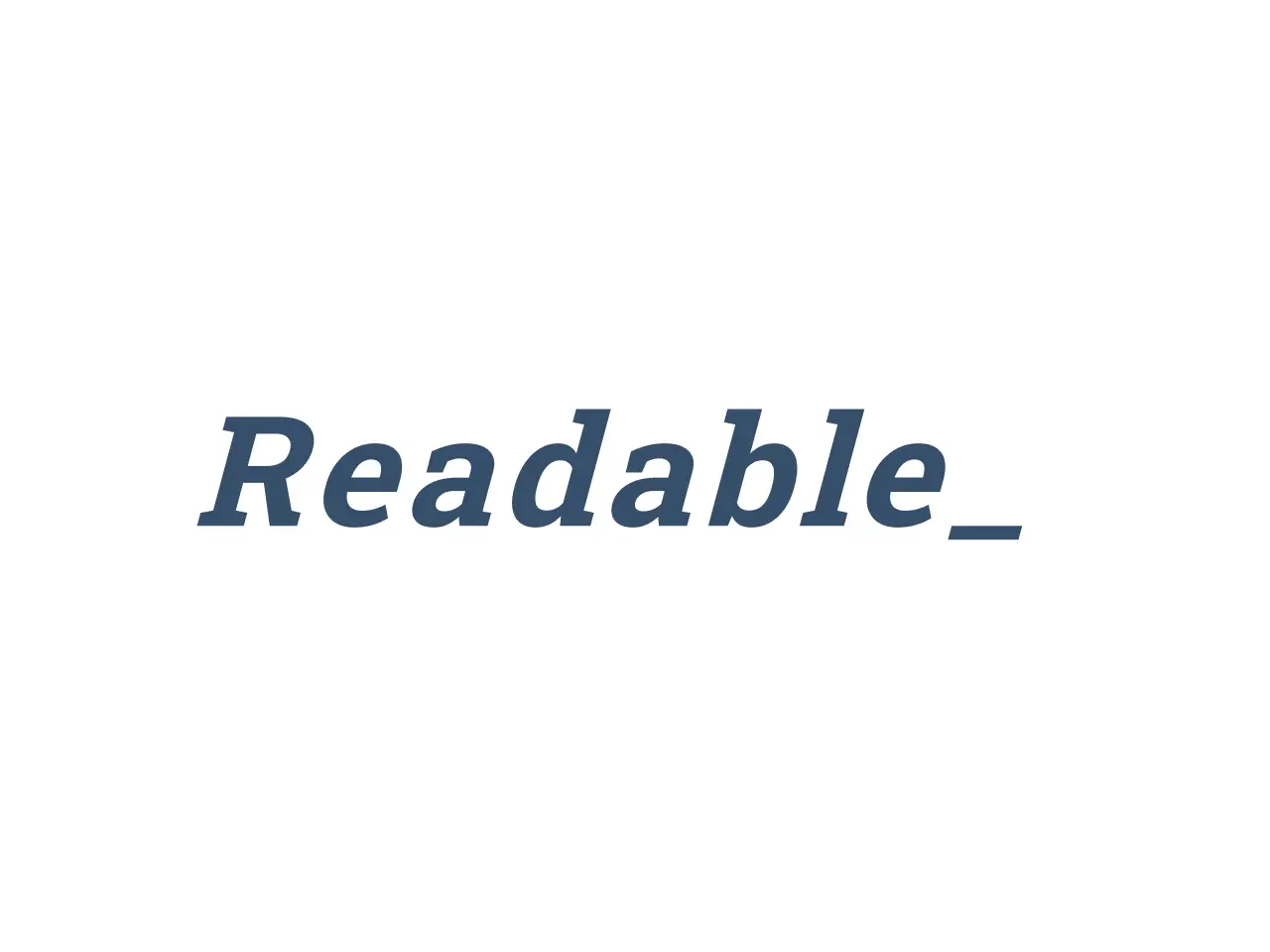AUSTIN, Texas–(BUSINESS WIRE)–#CognitiveHealth–BrainCheck, a digital cognitive assessment and care platform that includes an FDA Class II medical device (BrainCheck Assess™), today announced the completion of a three-year project expanding its Normative Database — the scientific reference set that supports interpretation of BrainCheck cognitive test results.
The updated dataset now includes results from 4,949 participants across a range of ages, genders, education levels, and U.S. regions. This expansion is intended to further support consistent, demographically informed comparison of cognitive performance across diverse patient populations.
“This project represents years of collaborative work across research, product, and data science,” said Mary Patterson, Vice President of Clinical & Regulatory Affairs. “By broadening our norms to better reflect the real-world population, we have strengthened the scientific foundation that underlies our cognitive assessments.”
“The way we built this matters,” added Chris Loughlin, CEO of BrainCheck. “It required thousands of volunteer participants, dozens of clinical sites, and company-wide commitment to data quality and methodological rigor. This work enhances the reference data that supports how clinicians use our platform.”
Study Methodology and Scope
Participants completed BrainCheck assessments either in person at partner sites or through home and clinic visits conducted by BrainCheck research staff. Data collection occurred in Austin, Charlottesville, Connecticut, Dallas, El Paso, Houston, New York, San Diego, San Francisco Bay Area, Seattle and Tampa, and the participants ranged from 50 to 98 years old.
To help confirm that participants represented a cognitively normal reference group, each individual also completed the Saint Louis University Mental Status (SLUMS) exam. In addition to BrainCheck Assess and SLUMS, the study protocol included the PHQ-9, and GAD-7. Researchers also collected relevant family and medical history information to support data quality and interpretability.
The expansion added 1,382 new participants to the original 3,567-person cohort. The database is segmented by decade of age (50 through 100) and by education level (fewer than 12 years vs. 12 or more years of formal education), with a minimum of 120 participants per age and education group.
When clinicians use BrainCheck Assess, patient performance can be compared to peer groups with similar demographic characteristics.
In addition to the Normative Database, BrainCheck also maintains a reference database of more than 400,000 real-world assessments. This broader reference set is used to continue evaluating how cognitive performance varies across factors such as gender, race, ethnicity, education, age, and region.
Regulatory Context and Future Development
The expanded Normative Database supports BrainCheck’s ongoing regulatory planning and continued development of tools intended to assist licensed healthcare professionals in the evaluation and monitoring of cognitive function over time.
For more information, visit www.braincheck.com/science.
About BrainCheck
BrainCheck is a digital cognitive assessment and care platform used by more than 500 primary care practices, neurology groups, psychology and psychiatry clinics, and memory centers nationwide, including Bon Secours, UPMC, and Springfield Clinic. In addition to its FDA Class II medical device, BrainCheck Assess, the platform includes a library of validated screeners and care planning tools that clinicians can combine to create custom assessment protocols tailored to their patient populations. To date, healthcare professionals have completed more than 400,000 cognitive assessments using the BrainCheck platform. BrainCheck is not intended for use as a stand-alone diagnostic tool.
Contacts
Media Contact
Kate Smith
Senior Marketing Specialist
BrainCheck Inc
[email protected]



